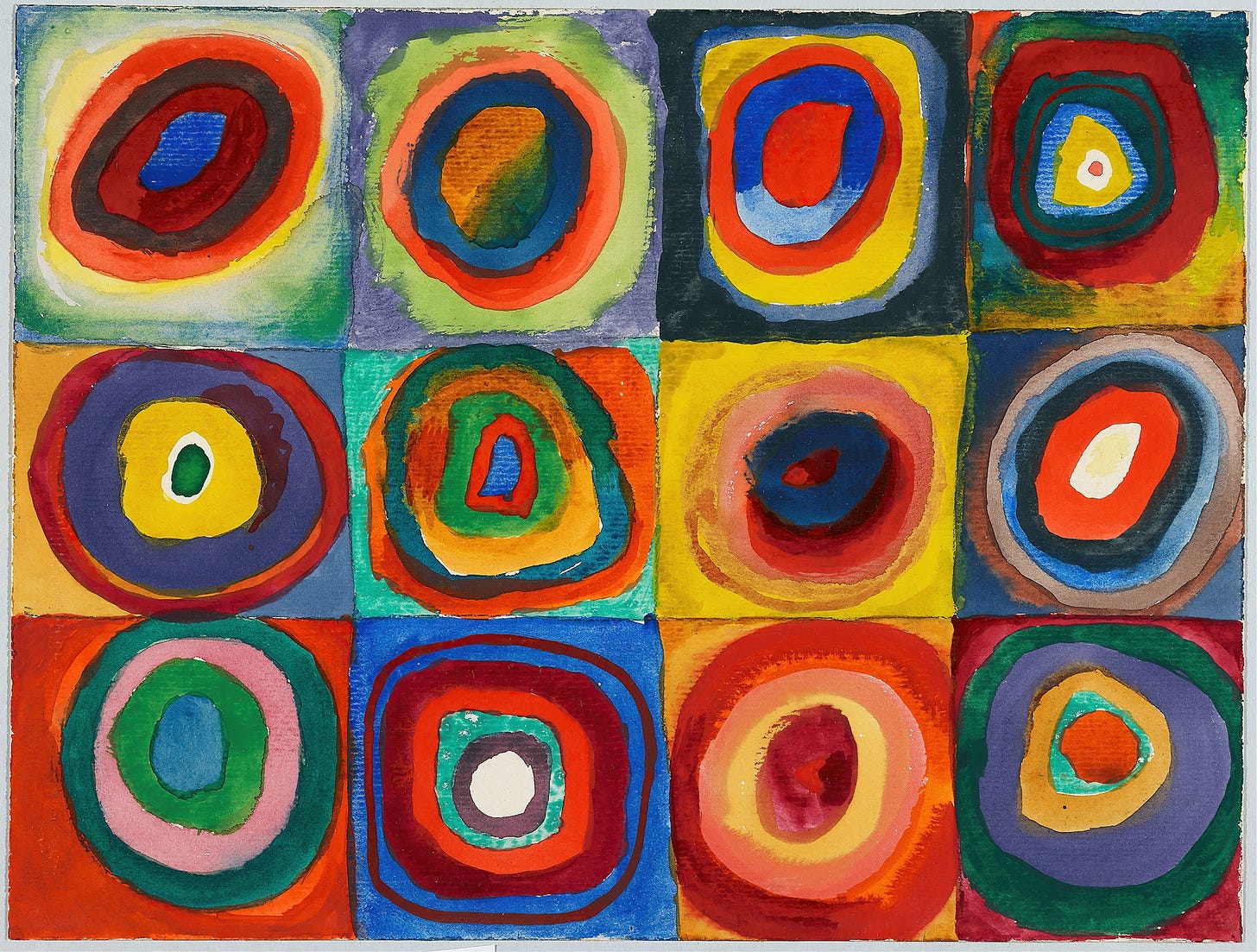Has America Reached its Limit?
A debate between Wisdom of Crowds co-founders Shadi Hamid and Damir Marusic on whether "the people" are coming apart.
Welcome to a Wisdom of Crowds "Debate," our first since we launched on Substack. We’re excited to share more of these with you. The goal is to explore why we believe the things we believe, working through tensions and contradictions in real time. We would love for you to take part, so don’t hesitate to share your thoughts in the comments!
Shadi begins, …





